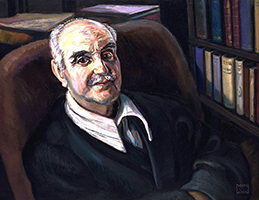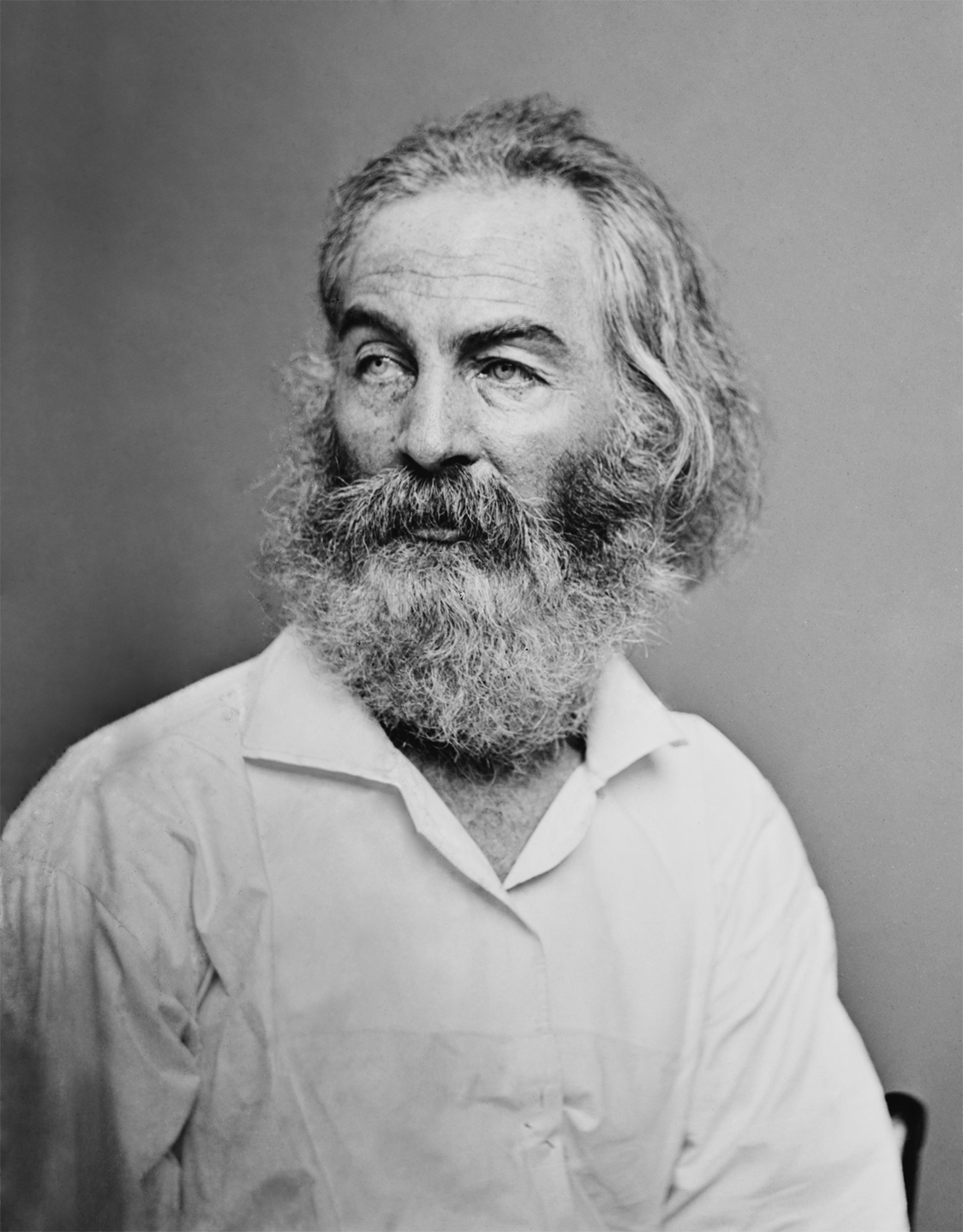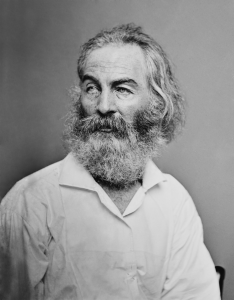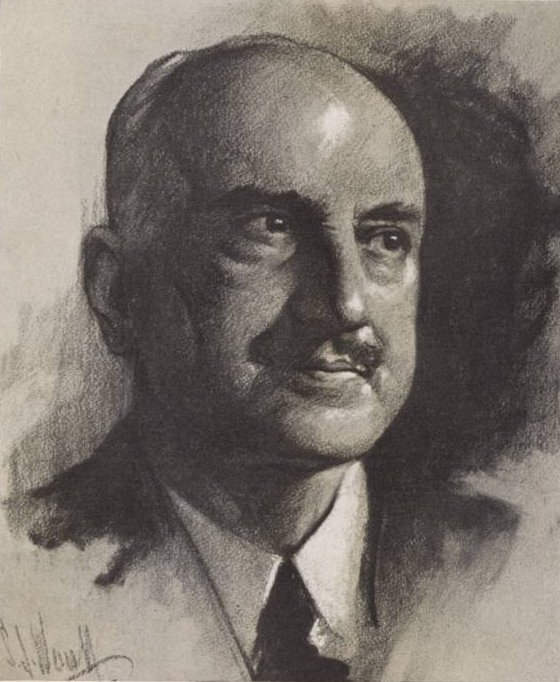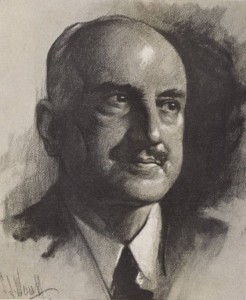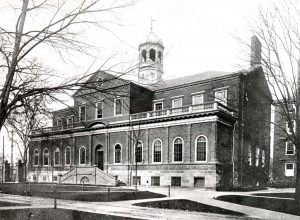 To Rosamond Thomas Bennett Sturgis
To Rosamond Thomas Bennett Sturgis
Via Santo Stefano Rotondo, 6
Rome. February 27, 1946
Dear Rosamond: Today I drove to the post office and got your gift of four books on sublime politics. You ask whether they are what I want. Yes, exactly, at least three of them. I am less sure about Churchill’s war speeches, although they may be what I need, even if I don’t like them, in order to give me a victorious thrill and a sense of being a good fellow surrounded by a nation of other good fellows, guaranteed to beat any other set of good or bad fellows on earth. Being in doubt about the possibility of getting my organism, at its age, to react properly on this alcoholic stimulant, I have for the moment lent this one book to Mother Hilda, acting head of this establishment (the Mother General being on travels of inspection in foreign parts), who is an ardent Englishwoman and speaks of “Mr. Churchill” with a hush of reverence. She sends word that she is much obliged, and will take great care of the precious volume and return it soon for my improvement. Meantime I have begun on “The Anatomy of Peace” by Emery Reves, which attracted me most; and I began with the last chapter to see what he was after: for the “jacket”, if that is what you call the paper cover, gave me no clear idea of the author, who didn’t proclaim himself to be a professor or even a Ph.D, and was not described in any of the comments quoted by the editor as belonging to any party. That fact encouraged me; and indeed I have found the last chapter splendid. Just what I think myself! Only, of course, I should add a word or two that might materially transform the issue. We must have law or suffer conquest: agreed; but if we have law, somebody must enforce it, and we should have to submit just as if we had been conquered. Apparently the establishment of this control is to be left to circumstances, as it always has been hitherto. I may get more light on that point when I have read the book properly, beginning at the beginning.
From The Letters of George Santayana: Book Seven, 1941-1947. Cambridge, MA: The MIT Press, 2006.
Location of manuscript: The Houghton Library, Harvard University, Cambridge MA.


